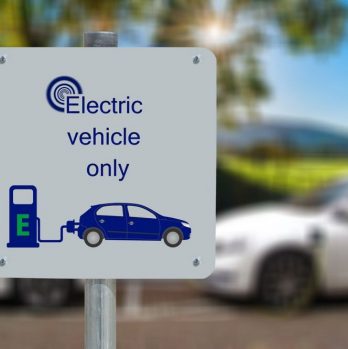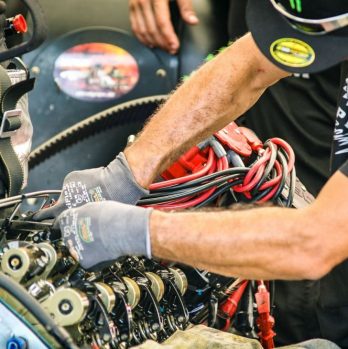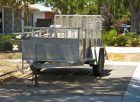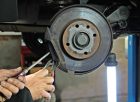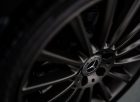American Classic Cars: A Comprehensive Guide for Car Enthusiasts
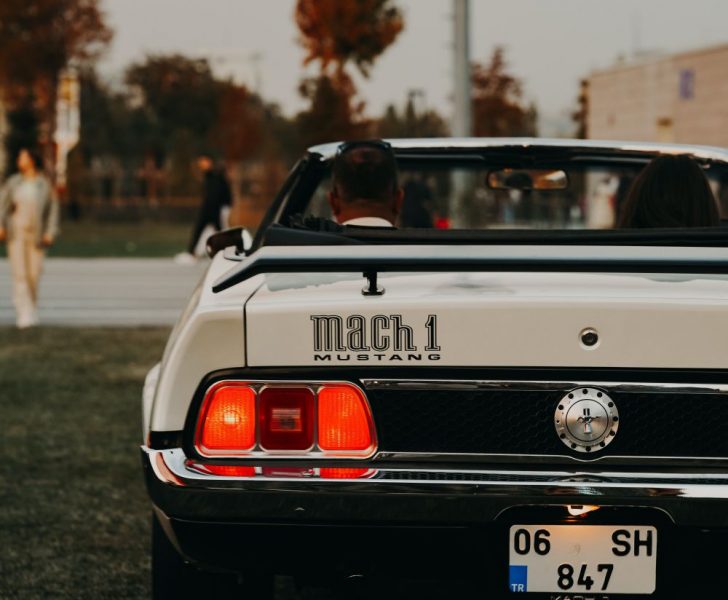
Introduction:
American classic cars hold a significant place in automotive history, exuding elegance and timeless beauty. From their iconic designs to their power-packed engines, these cars have captivated generations of car enthusiasts. In this article, we will provide an in-depth overview of American classic cars, exploring their types, popularity, and distinctive features.
1. An Overview of American Classic Cars:

American classic cars refer to vintage automobiles manufactured in the United States between the 1920s and 1970s. These cars represent an era when craftsmanship and attention to detail were highly valued. They possess a charm that goes beyond being mere vehicles, becoming cherished works of art.
2. Types and Popularity:
American classic cars come in various types, each with its unique appeal. Some of the popular types include:
– Muscle Cars: These cars are known for their high-performance engines and aggressive designs. They gained popularity in the 1960s and 1970s, with models like the Ford Mustang and Chevrolet Camaro becoming iconic symbols of American automotive strength.
– Convertibles: Convertible classic cars are synonymous with luxury and open-air driving experiences. Models like the Ford Thunderbird and Chevrolet Corvette are highly sought after for their sleek designs and exhilarating rides.
– Sedans: Classic sedans, such as the Cadillac Fleetwood and Lincoln Continental, represented elegance and sophistication. These models often featured luxurious interiors and smooth driving experiences.
– Trucks: American classic trucks, like the Ford F-100 and Chevrolet C10, were durable workhorses that embodied the spirit of American utility and versatility.
These types of classic cars have enjoyed immense popularity among enthusiasts, collectors, and car clubs worldwide, making them highly desirable pieces of automotive history.
3. Quantitative Measurements of American Classic Cars:
To truly understand the significance of American classic cars, it’s essential to delve into quantifiable data. Let’s explore some interesting statistics:
– Market Value: The market value of classic cars is often determined by factors such as rarity, condition, and historical significance. According to recent auctions, iconic models like the Shelby Cobra and Chevrolet Bel Air have fetched prices ranging from hundreds of thousands to millions of dollars.
– Production Numbers: Each classic car model had a specific production quantity during its time. For example, the Ford Mustang sold nearly 418,812 units in 1966 alone, illustrating its widespread popularity.
– Restoration Cost: Restoring a classic car to its former glory can be a labor-intensive and expensive process. On average, restoration costs for American classic cars range from $30,000 to $100,000, depending on the extent of the work required.
4. Differences Between American Classic Cars:
American classic cars vary in several aspects, making each model unique. Differentiating factors include:
– Design Philosophy: Classic cars from different eras exhibit distinct design philosophies. For instance, the sleek and streamlined fins of the 1950s Cadillacs contrast with the muscular and angular bodies of 1960s muscle cars.
– Engine Performance: American classic cars feature a range of engines, ranging from V8 powerhouses in muscle cars to smooth inline-six engines in sedans. These engines offer varying levels of horsepower and torque, providing different driving experiences.
– Driving Dynamics: Classic cars from different manufacturers could prioritize different aspects of the driving experience. Some models excel at providing a comfortable ride, while others prioritize responsive handling and thrilling acceleration.
5. Historical Overview of Pros and Cons:
American classic cars have their own set of advantages and disadvantages. Here’s a historical overview:
– Advantages: Classic cars boast timeless designs, solid build quality, and mechanical simplicity. They often elicit nostalgia and offer a unique driving experience. Moreover, these cars can serve as sound financial investments, appreciating in value over time.
– Disadvantages: Being older vehicles, classic cars may require more maintenance and repairs. They might lack modern safety features, making them less suitable for everyday use. Additionally, the availability of spare parts can sometimes be a challenge.
6. Key Decision Factors for Car Enthusiasts:
Car enthusiasts consider several factors before purchasing a classic car:
– Authenticity: Enthusiasts often seek original, unmodified classic cars to preserve their historical accuracy and value.
– Condition: The condition of a classic car affects its price and usability. Buyers may look for well-maintained models or project cars based on their preferences.
– Rarity: Rare or limited-edition classic cars tend to command higher prices and are desired by collectors.
– Documentation: Verified documentation, including the car’s history, ownership records, and maintenance records, adds value and authenticity to the purchase.
Conclusion:
American classic cars continue to hold a special place in the hearts and garages of car enthusiasts worldwide. Their timeless designs, performance capabilities, and historical significance make them treasures worth cherishing. Whether it’s the raw power of a muscle car or the elegance of a convertible, American classics are a testament to the rich heritage of the automotive industry.
[INSERT VIDEO HERE]
As technology advances and automotive trends evolve, it’s crucial to appreciate and preserve these gems of the past, ensuring that future generations can experience the beauty and craftsmanship of American classic cars.
